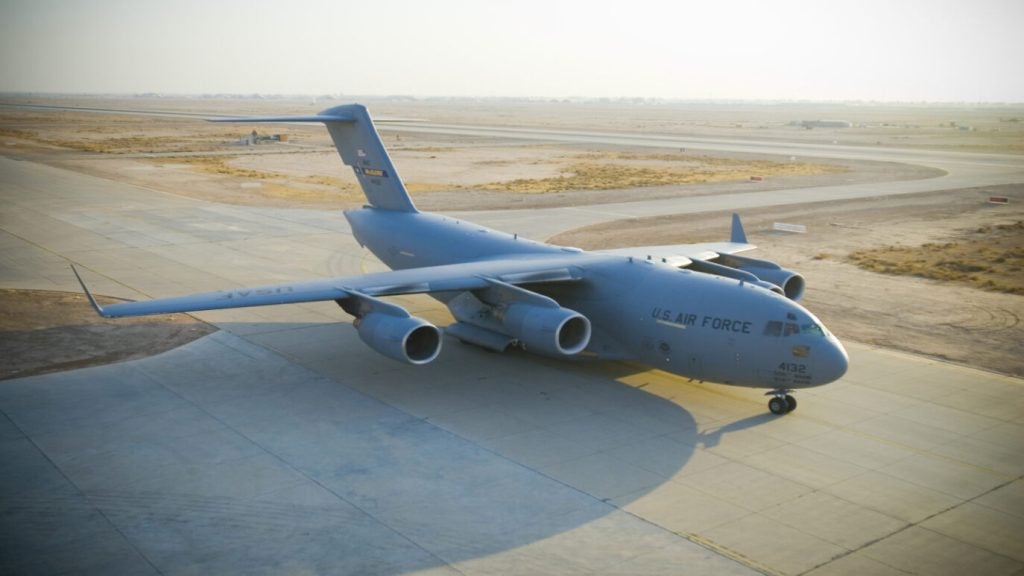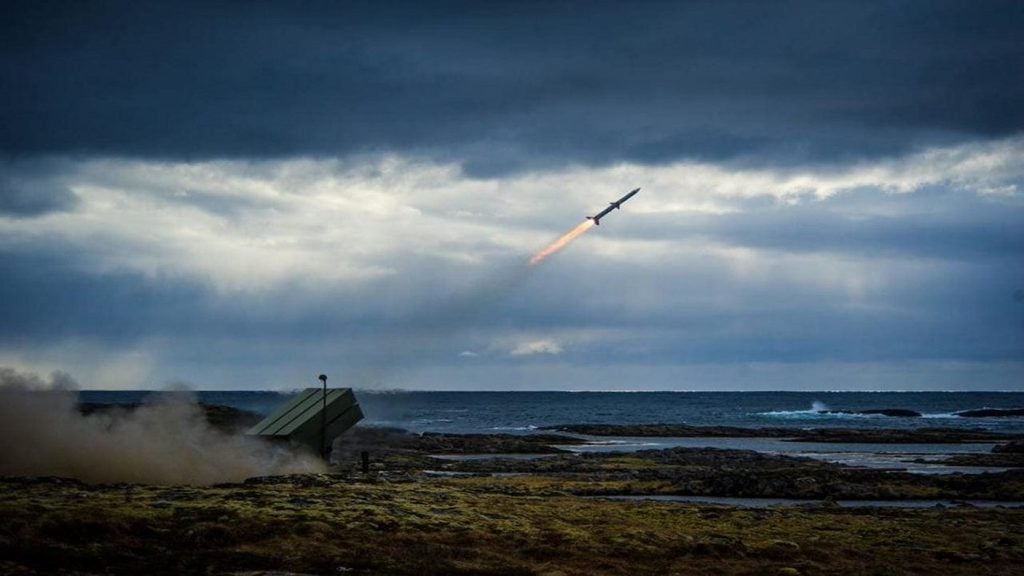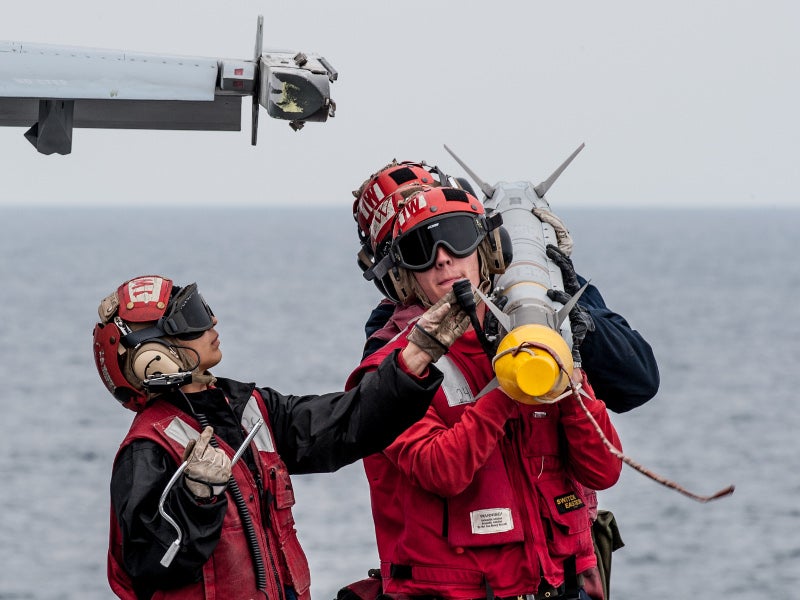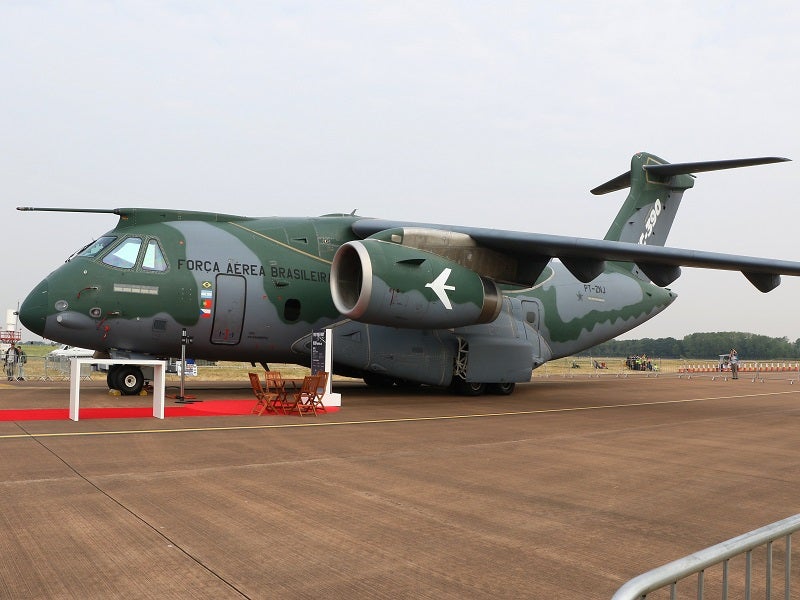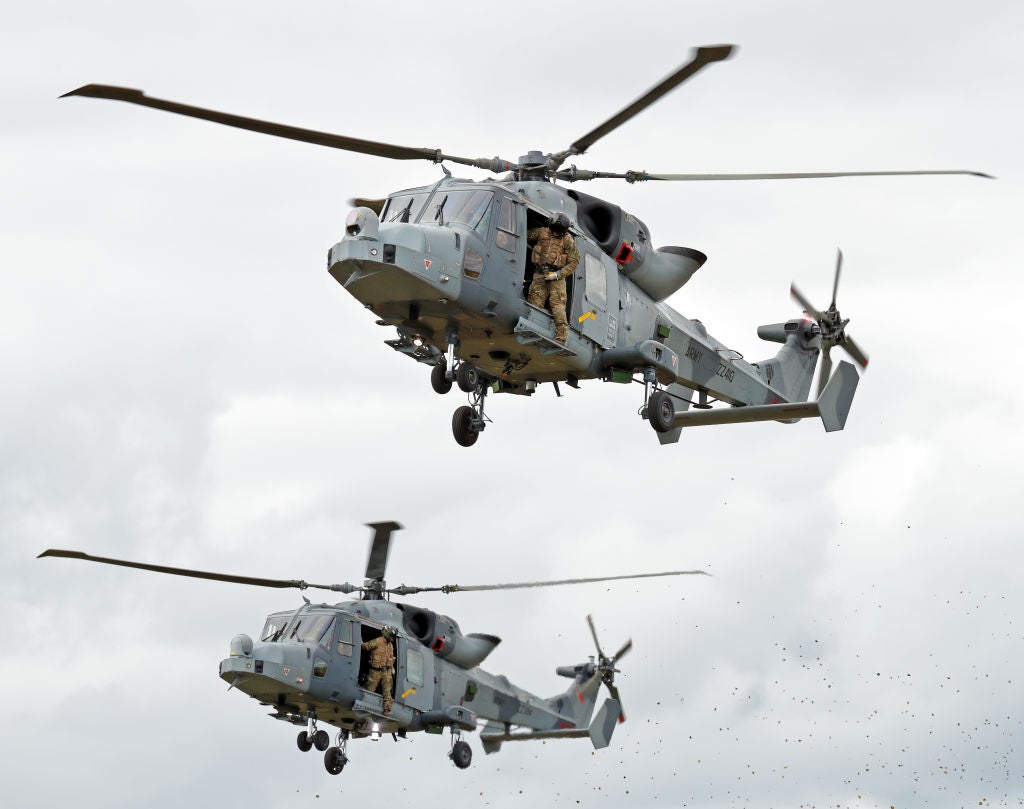
Royal Navy Wildcat helicopters completed a 1,400-mile journey to Norway by way of a series of two-hour flights. Due to inclement weather conditions, the anticipated three-day voyage was prolonged to a gruelling eight-day journey.
The Royal Navy Commando Helicopter Force helicopters recently relocated from their base in Somerset to the Norwegian Air Base at Bardufoss, deep within the Arctic Circle.
Every winter, a deployment of large Merlins and smaller Wildcats is carried out to the High North to provide support to the Royal Marines, who are the country’s specialists in cold weather warfare. This is done in collaboration with Norwegian forces and other Nato allies in preparation for potential emergencies.
The Wildcats are a versatile unit, capable of performing a range of duties including reconnaissance, transportation of personnel and equipment, coordination of air, artillery and naval gunfire strikes, and intelligence gathering.
Known for their compact and flexible design, the Wildcats can be easily transported by RAF transporters, but transport availability was limited this winter as the RAF had commitments to the ongoing humanitarian crisis in Turkey.
This meant the Wildcats had to make a 1,400-mile flight to Bardufoss from their base at RNAS Yeovilton, stopping at various airfields throughout England, Scotland and the Shetlands. After crossing the North Sea to Norway, the helicopters continued up the west coast for another 700 miles until they reached their final destination.
Despite facing unfavourable weather conditions, the squadron flying out to Norway managed to set a new record for the number of sorties and flying time achieved in a limited period, an accomplishment credited to the combined efforts of the pilots, engineers and technicians. The success of the mission allowed the four new pilots to be successfully trained in Arctic operations, and a new instructor added to the team.




